Trading and Investing are the two methodologies for generating stock market profits. An investor is a person who buys stocks to hold them for years or even decades and sell them when required.
A trader buys and sells shares or sells and buys shares in a short time like a day or a week or a month to make profits.
An investor makes a profit of 2-3 times or even up to 20-40 times in long term investment, while a trader makes either a good profit or a huge loss depending on the market in a short time. In this post, You will know What is the difference between Trading and Investing? Should you Invest or Trade?
Table of Contents
Buying and holding period:
In stock trading, we should hold stocks for a short term. It could be for a day or a week or a month. A stocktrader looks for good returns in the short term investment.
Whereas, investing works on buying and holding principles. Investors invest their money for some years or decades or an even longer period is known as long term investment.
Growth capital
A stock trader should also look at the stock price movement in the market. Stock Traders may sell When the stock price goes higher and buy back the stocks when it goes down (Short selling).
While stock trading, you need to have the skill of timing the market whereas investing is an art of generating wealth by dividend and compounding interest over the years by holding good stocks for investment in the market.
Risk in Trading and Investing
In stock trading, there will be higher risk and higher potential returns as the share price might go high or low in a short time. Daily market cycles may affect the quality of stock market trading. In investing, it takes a longer time to progress.
Investing involves comparatively lower risk and might produce higher returns by compounding interest and dividends if one holds the long term stocks. Daily market cycles do not affect quality stock investments.
Pros of stock market trading:
Cons of Stock Market Trading:
Pros of investing in the stock market:
Cons of investing in the stock market:
FAQs
-
If I lost my mobile, can anyone sell my stocks? Any chance of risk coverage?
No, the password is with you. Moreover the password in encrypted formats. So no one can sell your stocks without your approval. It is suggested that you need to put your password safe.
-
Can I link multiple Demat Accounts linked to the e-invest account?
Yes, you can link your Demat accounts to your e-Invest accounts. But the maximum limit is 5 accounts.
-
What are the advantages of Margin funding?
Margin Funding facility is useful to the investors who are trading on a delivery basis and continue investing. As per the Stock Exchange, terms and conditions Debit are not permitted beyond T+7.
-
What is fiduciary responsibility?
A responsibility where investment experts need to put your interests on their own when giving suggestions.
Recommended Brokers
 | No 1 STOCKBROKER IN INDIA Zerodha Free equity & mutual fund investments | Flat ₹20 intraday and F&O trades | Rating ★★★★★ | APPLY NOW |
 | GET FREE DEMAT ACCOUNT Upstox Fix brokerage of Rs. 20 per trade | Rating ★★★★ | APPLY NOW |
 | GET FREE DEMAT ACCOUNT Angel Broking 0 Brokerage on Equity Delivery | Rs 20 per order for Intraday and F&O trades | Rating ★★★★★ | APPLY NOW |





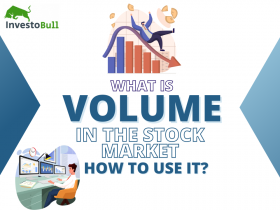
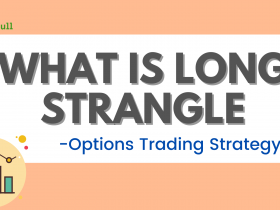

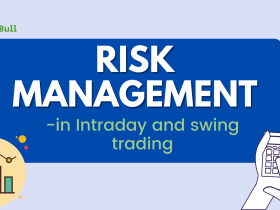

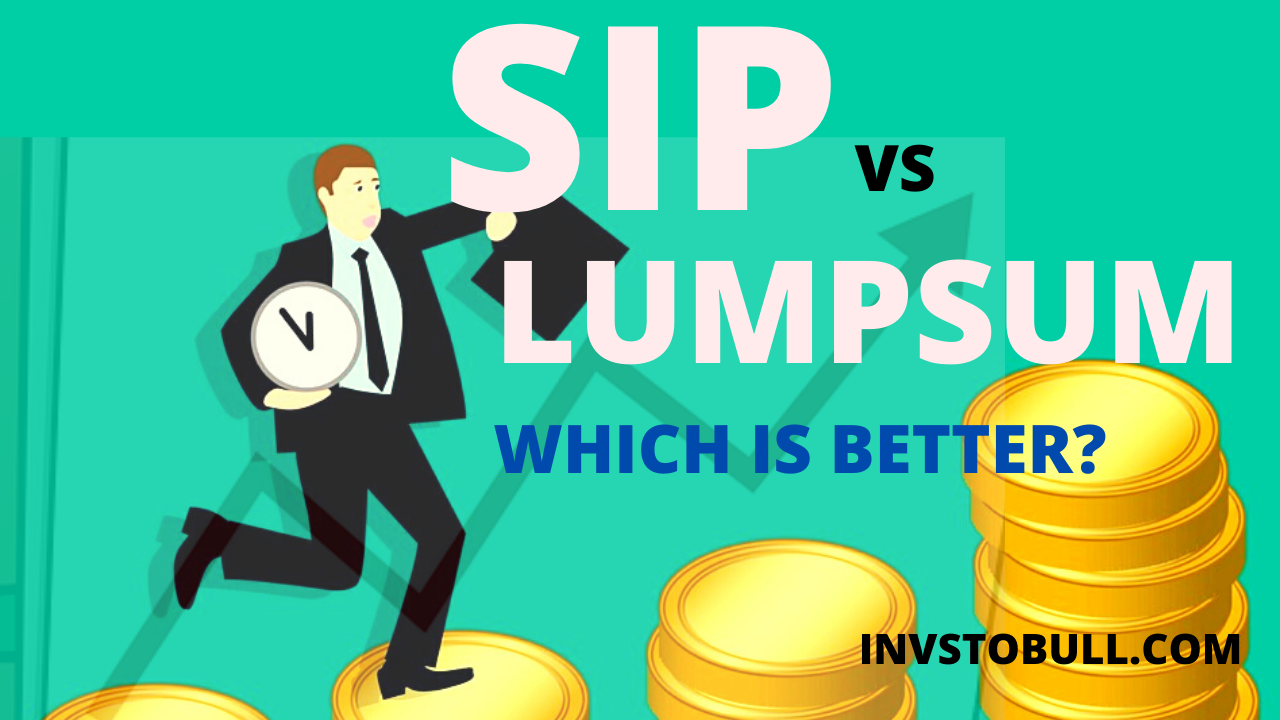
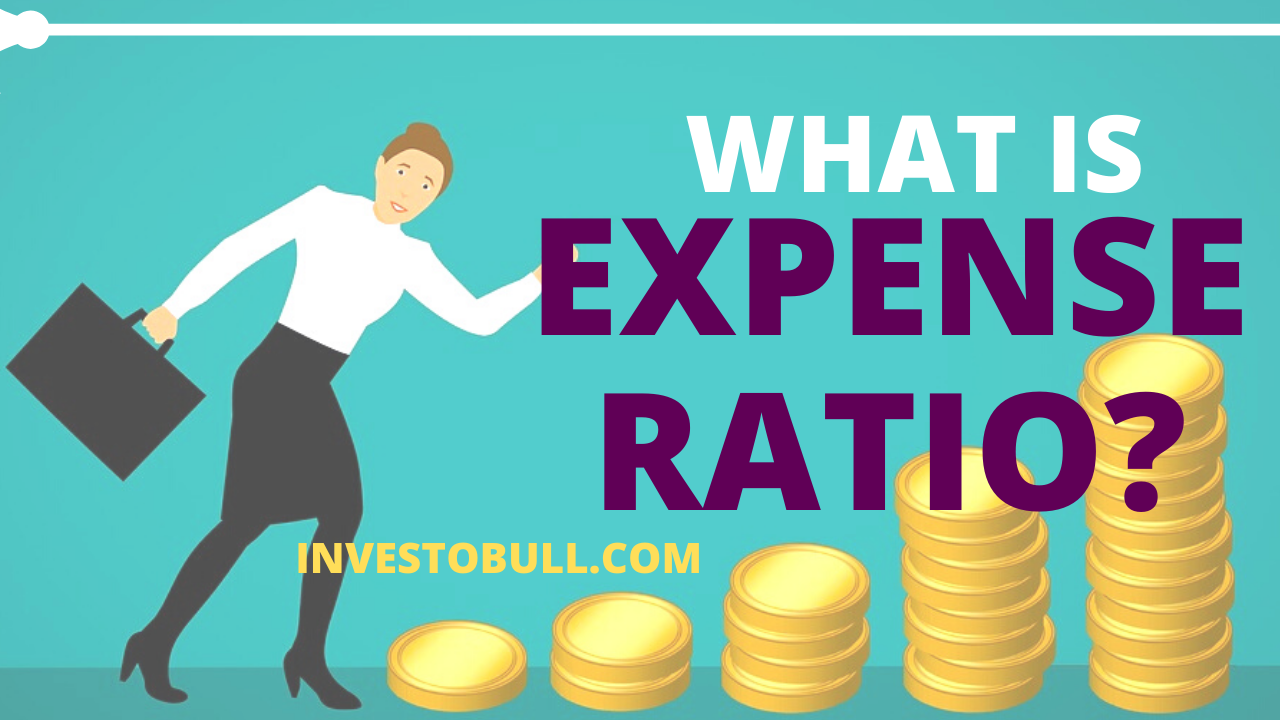




Leave a Reply